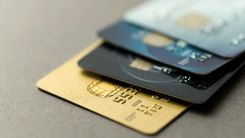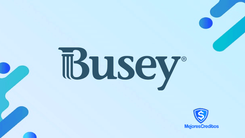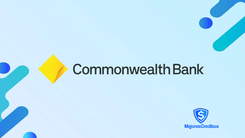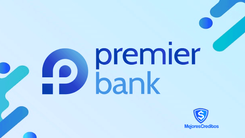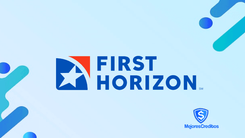Paying off debt can be a challenge, but there are simple strategies you can use to help you get out of debt.
The first thing you should do is know your options and understand how they can help you reach your goal of getting out of debt.
One of the best strategies for paying off debt is to make a realistic budget and stick to it.
This will help you determine how much money you need to cover your monthly bills, as well as how much money you need to start paying them.
This information will help you determine what your priorities are when it comes to paying off your debts.
Another useful strategy is to prioritize your debts. Start with the debt that has the highest interest, since it is usually the first to come due.
This means that if you don't pay the accrued interest, you will have to pay a larger amount of money.
Therefore, it is important that you prioritize this debt in your budget and try to pay it off as soon as possible.
General Tips
First tip: Always set a budget and stick to it. Establishing a detailed budget with your income and expenses is the best way to control your finances.
You should make sure that your expenses do not exceed your income. Otherwise, you could accumulate more debt.
Second tip: Use the money to pay off the highest debts first. This will help save on interest, since interest is charged first on accounts with higher balances. It will also free up more funds to pay off other debts.
Third tip: Use all available resources to reduce your debts. Seek help if you can't afford the payments.
Government programs such as the Consumer Protection Act and nonprofit organizations offer financial counseling and debt reduction programs at no cost.
Review your expenses
It is important to review your spending to pay off your debts. You should be aware of the expenses you are making and make sure you are not spending more than you should.
Set a realistic budget and try to stick to it so you don't find yourself with unexpected debt.
You can start by creating a list of all your expenses. Calculate your net income and subtract your total expenses to determine how much money you really have available to pay off your debts.
This will help you determine what your financial priorities are and what payments you should make first.
Organize priorities
Prioritizing is one of the best strategies for paying off your debts. Set your goals, define which debt to tackle first and stay focused.
Once you've achieved your first goal, move on to the next one. This strategy will allow you to track your progress and motivate you to continue until all your debts are paid off.
Make a budget
Making a budget is one of the best strategies for paying off your debts. This will allow you to identify your expenses and savings, and show you exactly where you are spending money.
This will help you determine what your needs are and what your wants are.
Create a plan to pay off your debts by making a budget. Set realistic goals to reduce your debt, such as reducing credit card use and achieving your goal within a certain time frame.
Set upward goals to pay off your debt faster.
Take into account major expenses and review your budget monthly to make sure you are meeting your goals.
If you need extra help, you can seek financial counseling for recommendations on how to pay off your debt.
Consider debt consolidation loans
Debt consolidation loans can be a great way to pay off your debt.
This strategy will allow you to consolidate all of your debts into one loan with one interest rate and one term.
This means that you will only have to make one payment at a time, instead of several. This will make it easier for you to control your budget and pay your debts on time.
In addition, debt consolidation loans are often cheaper than other types of loans, making them ideal for those who cannot afford the high interest rates that some companies charge.
This means you'll be able to save money while paying off your debt in full.
How to deal with credit cards
To deal with credit cards correctly, the first thing is to know the terms of the agreement.
Know the interest and fees charged on your credit card, as well as any other fees, such as charges for using the money.
This will help you create a plan to pay off the debt as quickly as possible.





